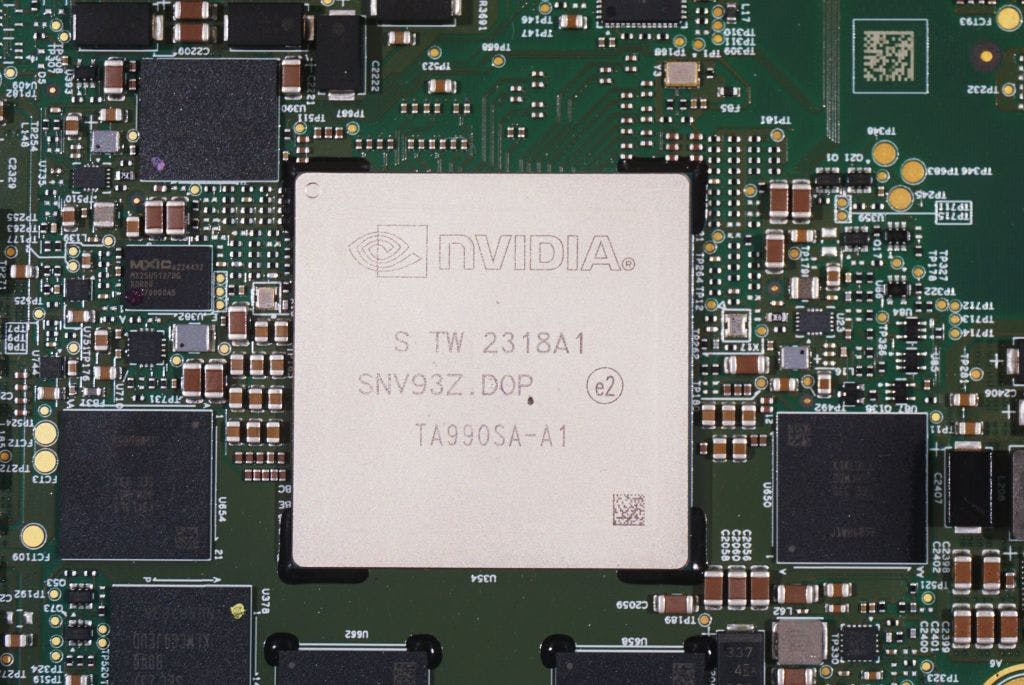According to GIMPS, this is the first time a prime number was not found by an ordinary PC, but rather a “‘cloud supercomputer’ spanning 17 countries” that utilized an Nvidia A100 GPU chip to make the initial diagnosis. The primary architect of this find is Luke Durant, who worked at Nvidia as a software engineer for 11 years



If you want it to be useful for the economy and industry in order to warrant funding, I’ve got news for you:
The majority of modern encryption relies on prime numbers. It is currently speculated but not known, that the number of prime numbers is infinite.
Should it be proven, that there are only a finite amount of prime numbers, all encryption would become vulnerable.
Many encryption algorithms rely on the assumption that the factorizations of numbers in prime numbers has an exponential cost and not a polynomial cost (I.e. is a NP problem and not P, and we don’t know if P != NP although many would bet on it). Whether there are infinite prime numbers or not is really irrelevant in the context you are mentioning, because encryption relies on factorizing finite numbers of relatively fixed sizes.
The problem is that for big numbers like n=p*q (where p and q are both prime) it’s expensive to recover p and q given n.
Note that actually more modern ciphers don’t rely on this (like elliptic curve crypto).
There are infinite prime numbers. This has been known for thousands of years. You can find numerous proofs of this online, and go through them until one makes sense to you.
Also, quantum computers are on track to make division-based cryptography useless in the next decade or two. (Note that this only affects public key cryptography, and not shared key cryptography. So your online backups should be safe as long as you have a password for them.)